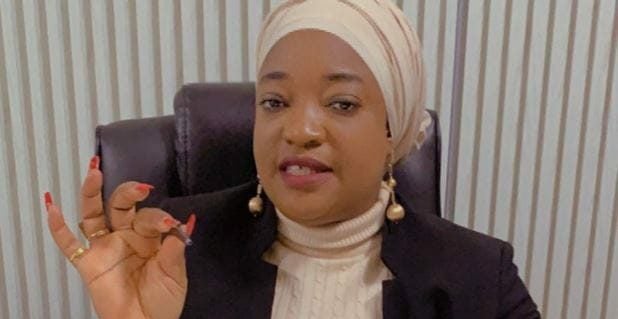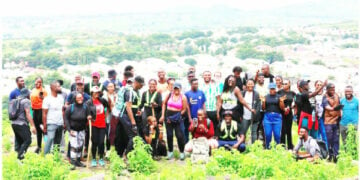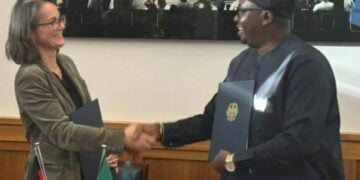The executive director of Women in Mining Africa (WiM-Africa), Dr. Comfort Asokoro-Ogaji, has urged women-led mining organisations across the continent to move beyond rivalry and embrace strategic collaboration as the key to shared progress.
She made the call in an address to women miners and entrepreneurs participating in a hybrid engagement in Sierra Leone which brought together women in the mining sector from across Africa.
She said, “Collaboration is the true alternative to competition. When women compete destructively, it divides our strength and slows our progress. But when we collaborate, we build power that moves the sector—and the continent—forward.”
According to her, the future of Africa’s mining industry hinges on the ability of women to support one another—through partnerships, joint ventures, and cooperative models that encourage shared prosperity and resilience.
“In the artisanal and small-scale mining (ASM) sector, collaboration means forming cooperatives that actually work—women pooling resources, skills, and tools to scale up production and safety,” Dr. Asokoro-Ogaji said.
“Among companies, it means merging capacities to become stronger together. And in advocacy, it means designing and launching joint programmes that strengthen one another’s institutions instead of competing for recognition,” she added.
Responding to questions on how WiM-Africa’s programmes could be replicated at the national and community levels, she encouraged local Women in Mining (WiM) chapters to embrace the organisation’s frameworks and leadership development initiatives—especially its flagship NextGen programmes aimed at nurturing future female leaders in the sector.
“Copy all that there is to copy from WiM-Africa,” she urged. “The next decade must produce a new generation of vibrant, intelligent, and professionally grounded female leaders driving policy, innovation, ESG, and enterprise within Africa’s mining industry.”
The executive director further advocated stronger linkages between women-led enterprises and broader mineral value chain stakeholders, including sourcing companies, beneficiation industries, and policy-making institutions. She noted that these collaborations are essential to achieving the goals of the African Union’s Agenda 2063: The Africa We Want.
“Women must play a central role in driving responsible mineral value chains and economic transformation,” she said.
Dr. Asokoro-Ogaji concluded by reaffirming WiM-Africa’s long-term commitment to building an inclusive and sustainable mining sector. She highlighted the organisation’s Five-Year Action Plan (2025–2030), which aims to empower women miners, strengthen cooperative structures, and promote value addition across the continent.





